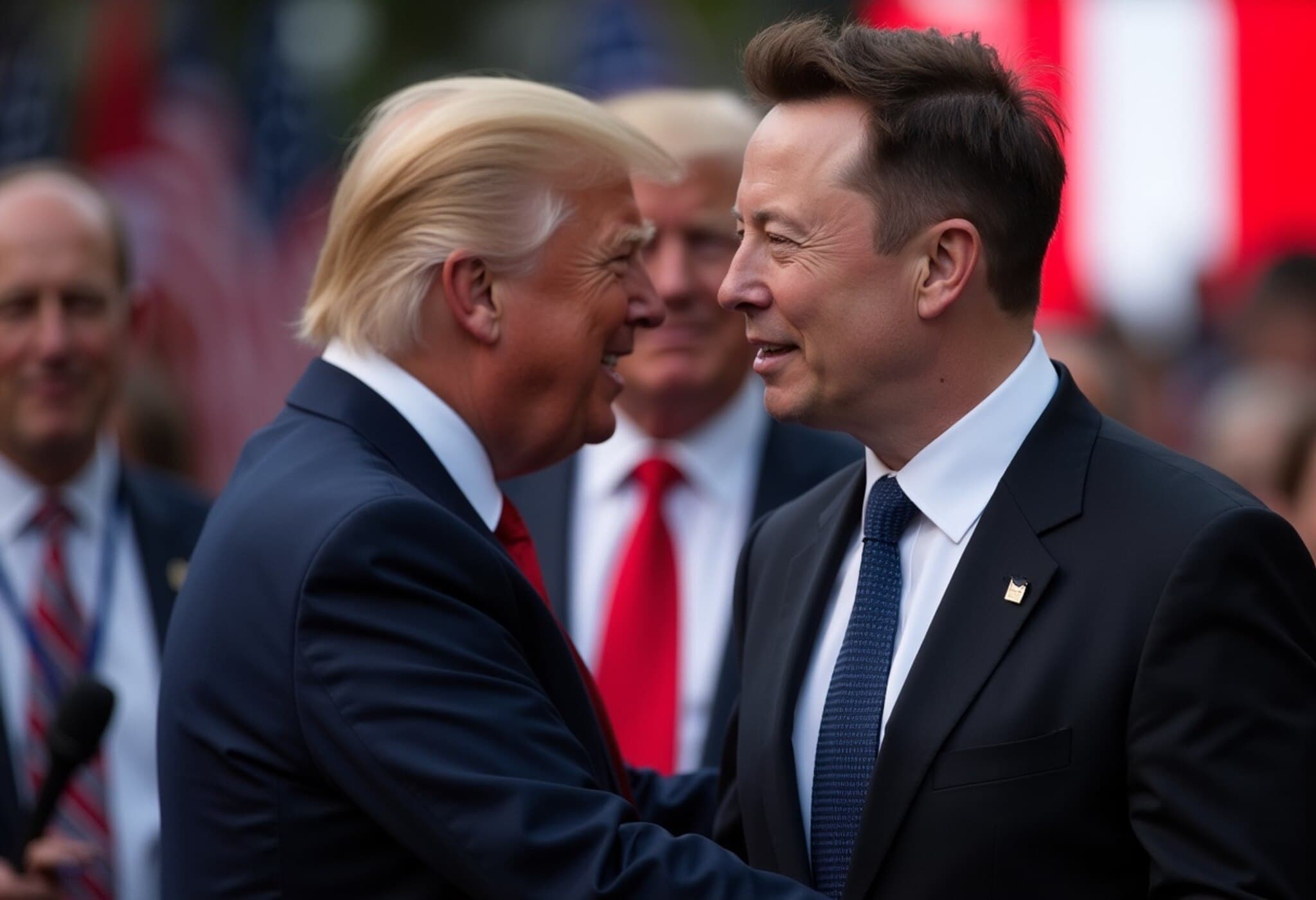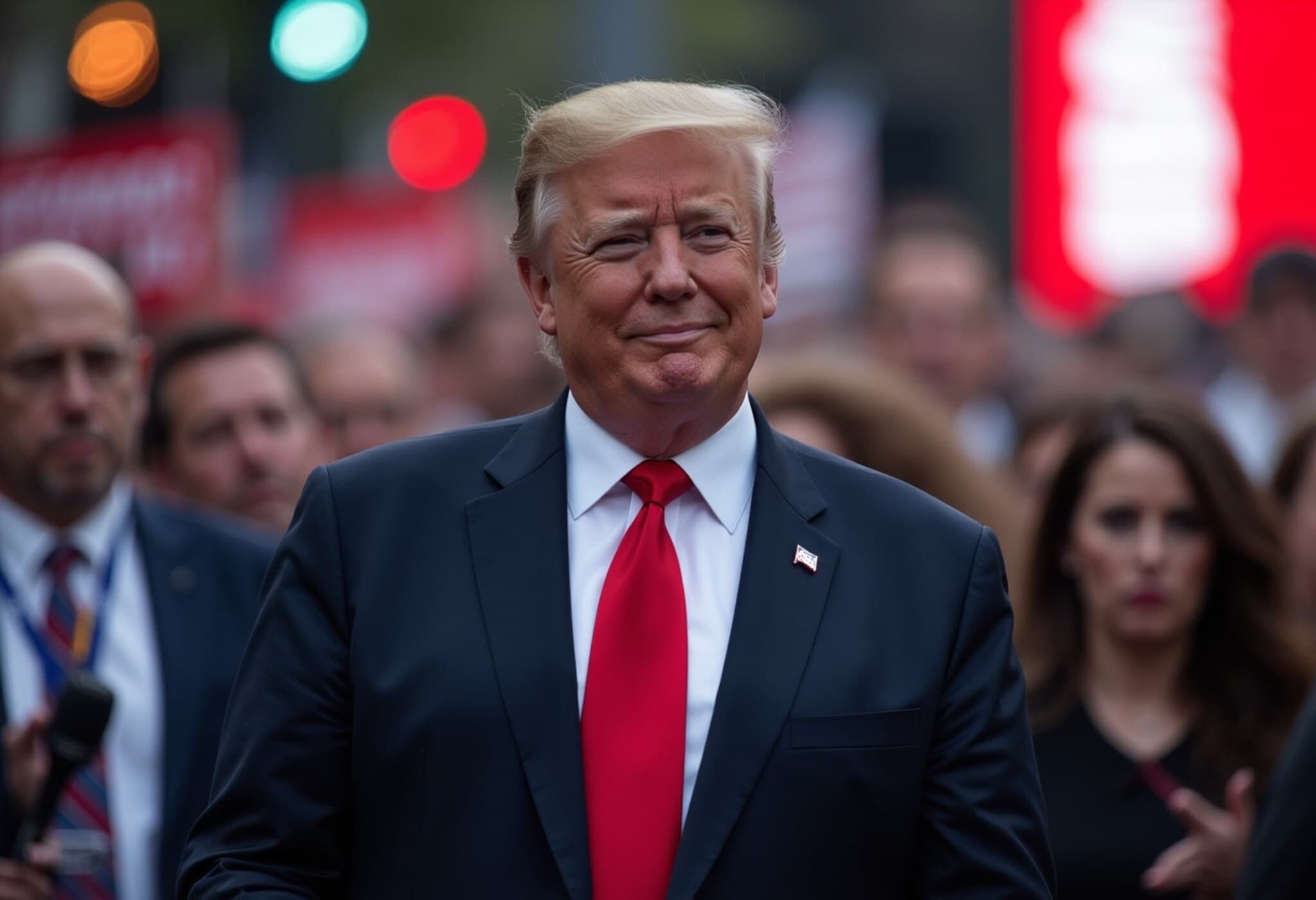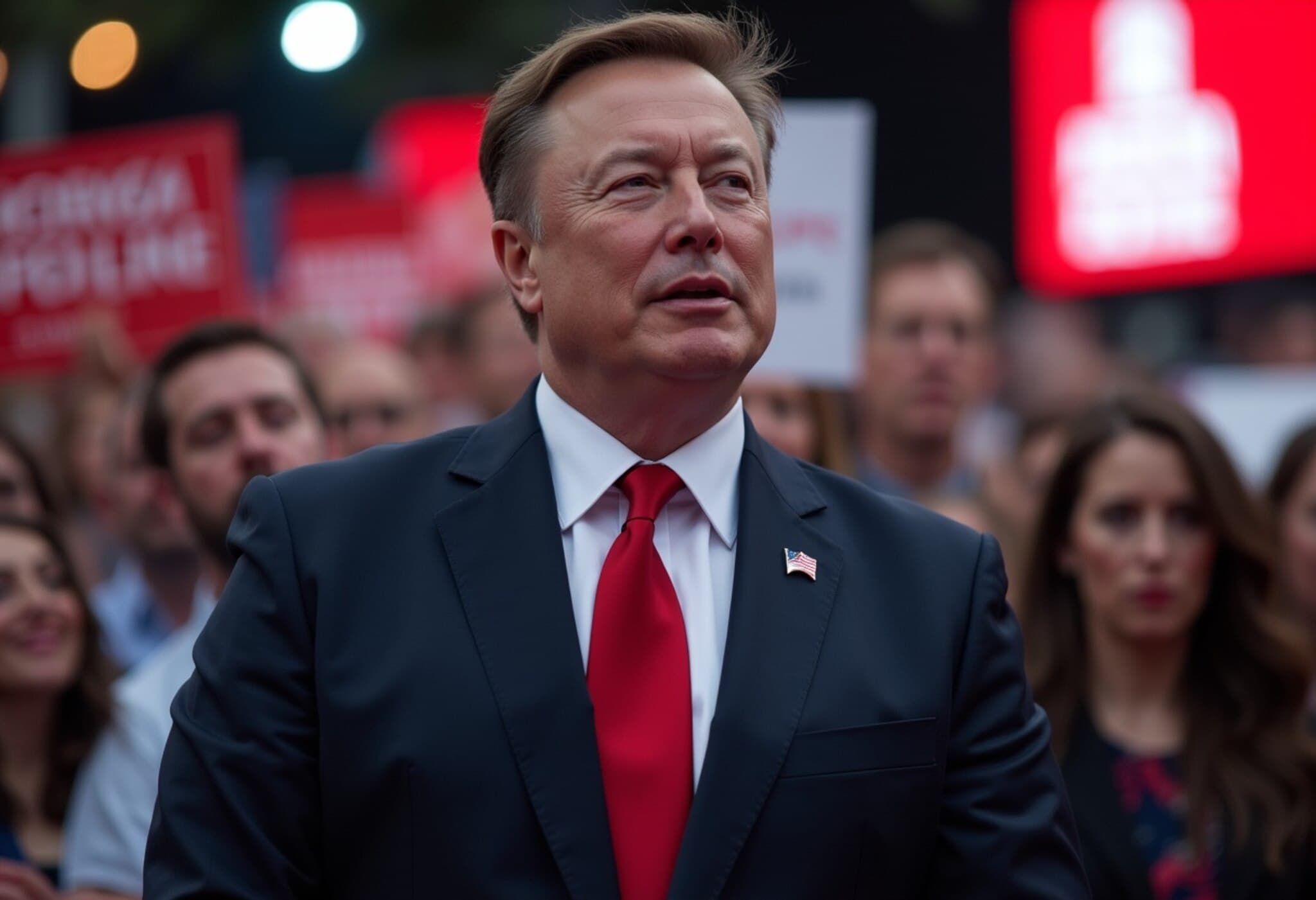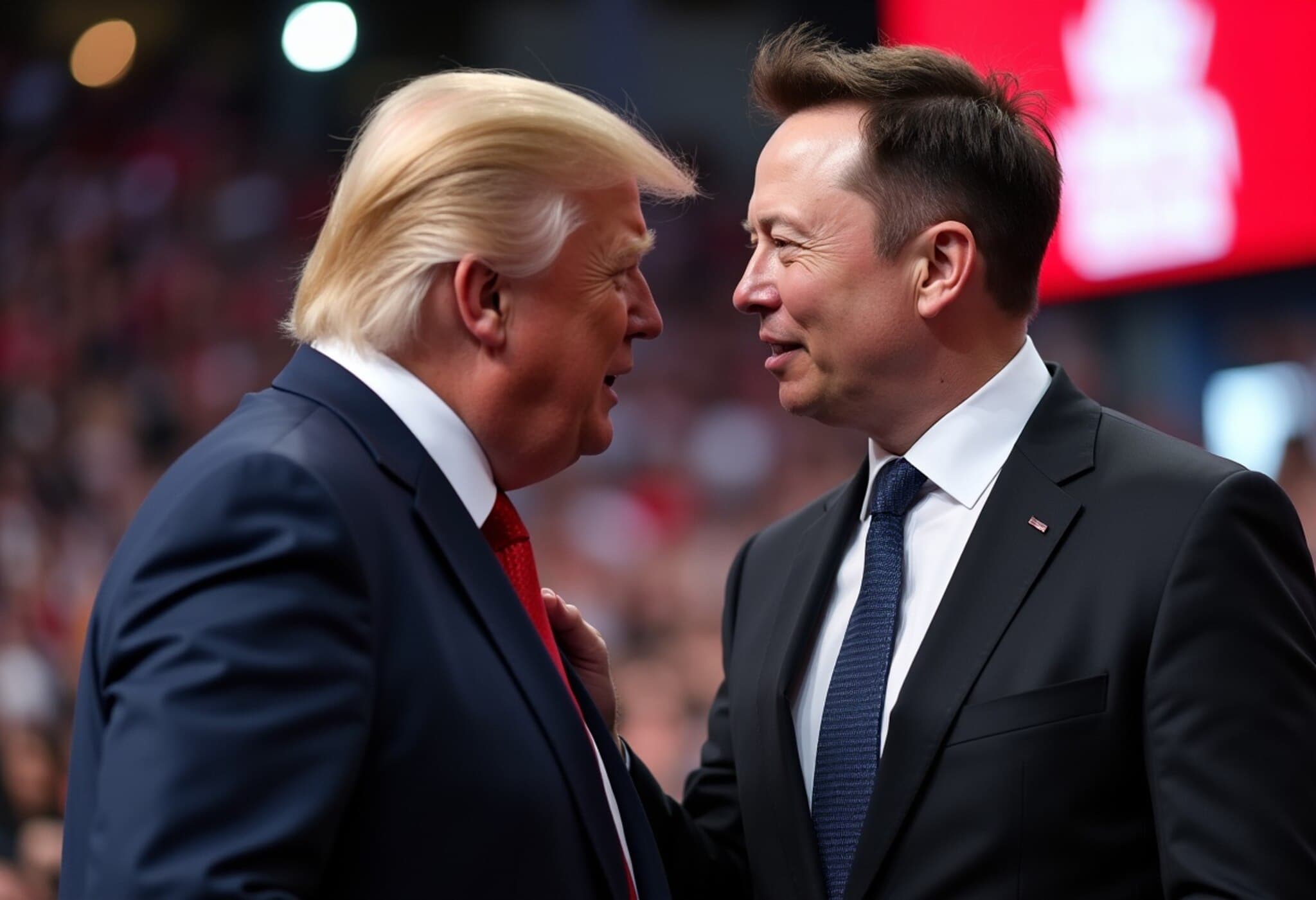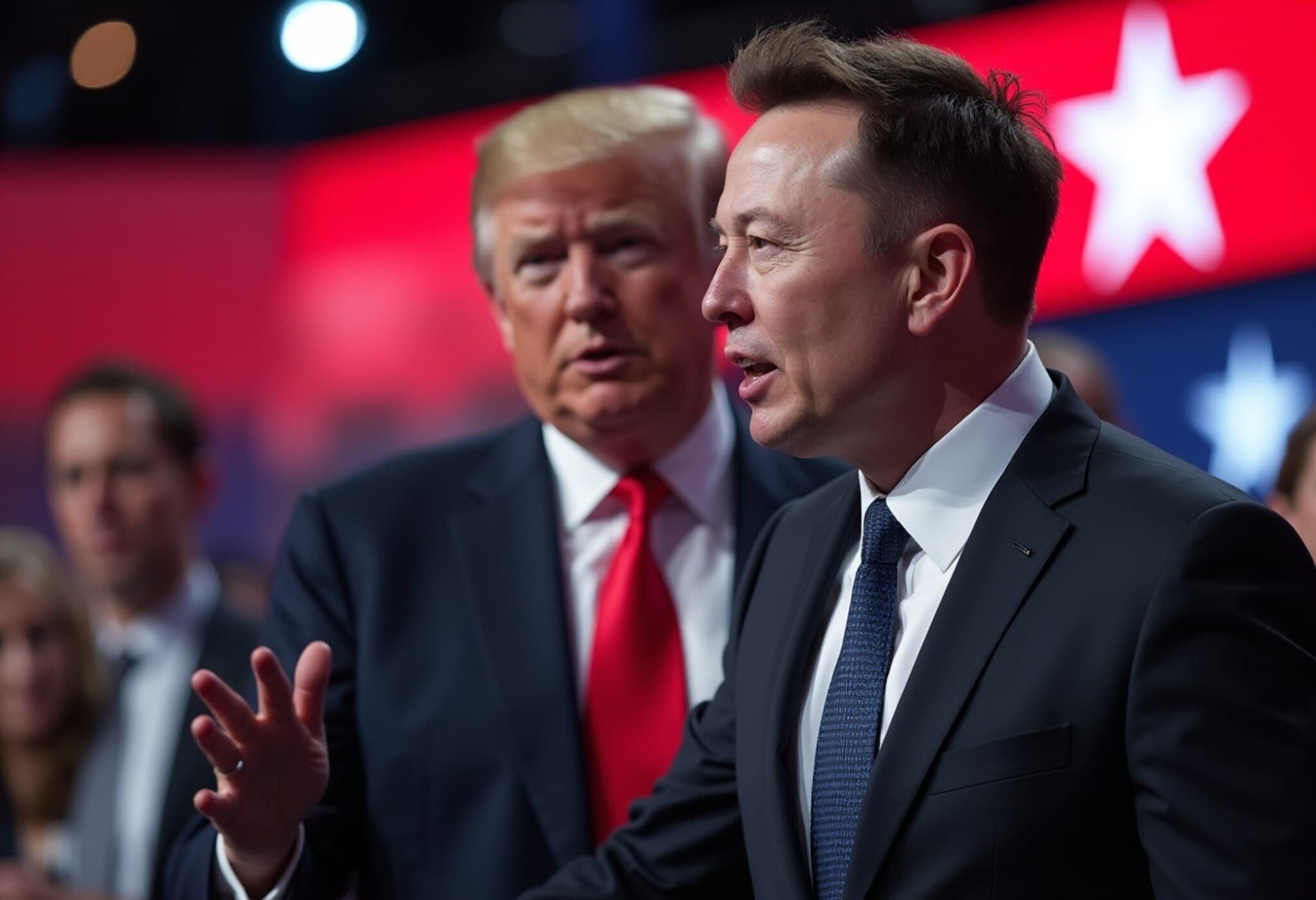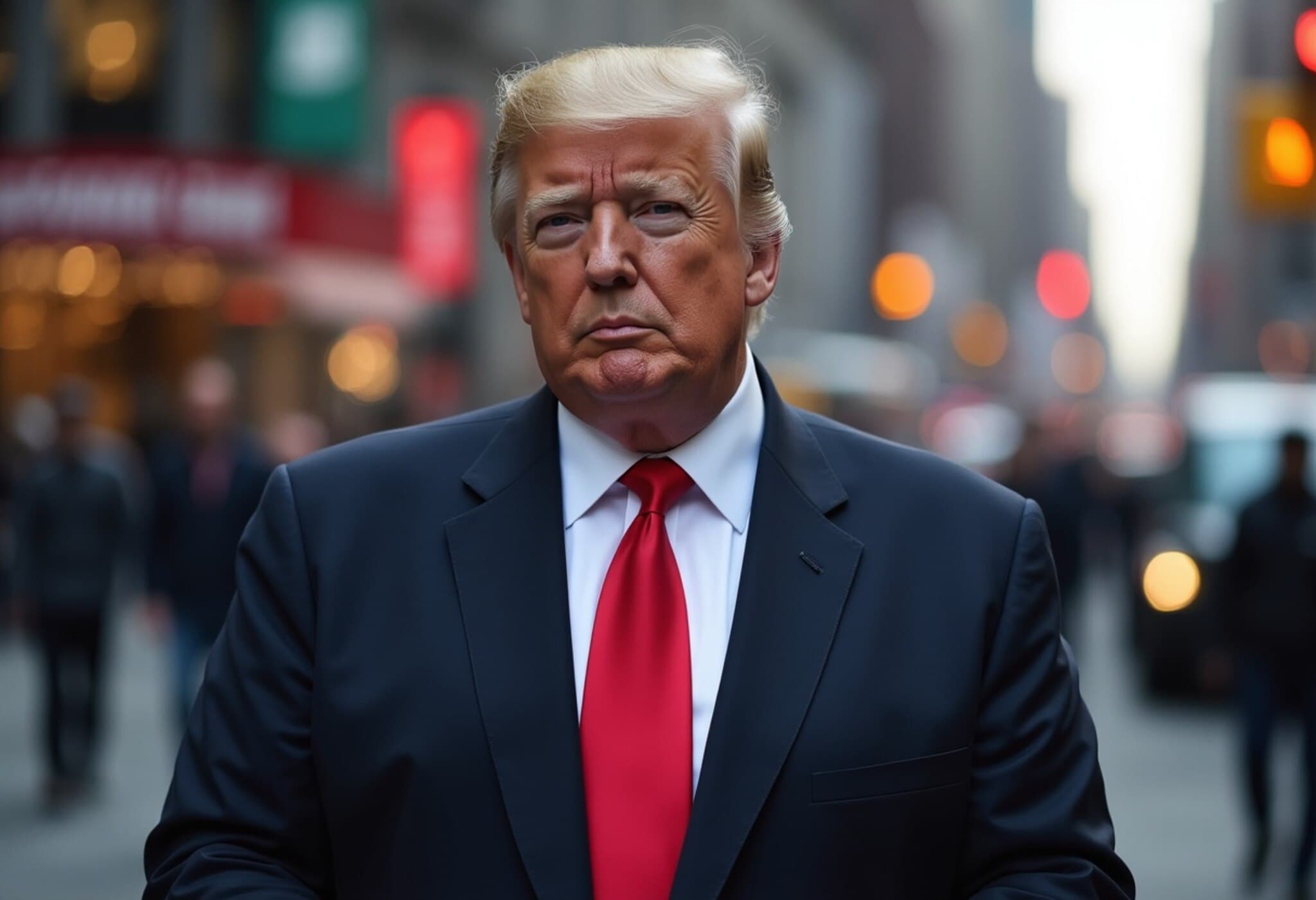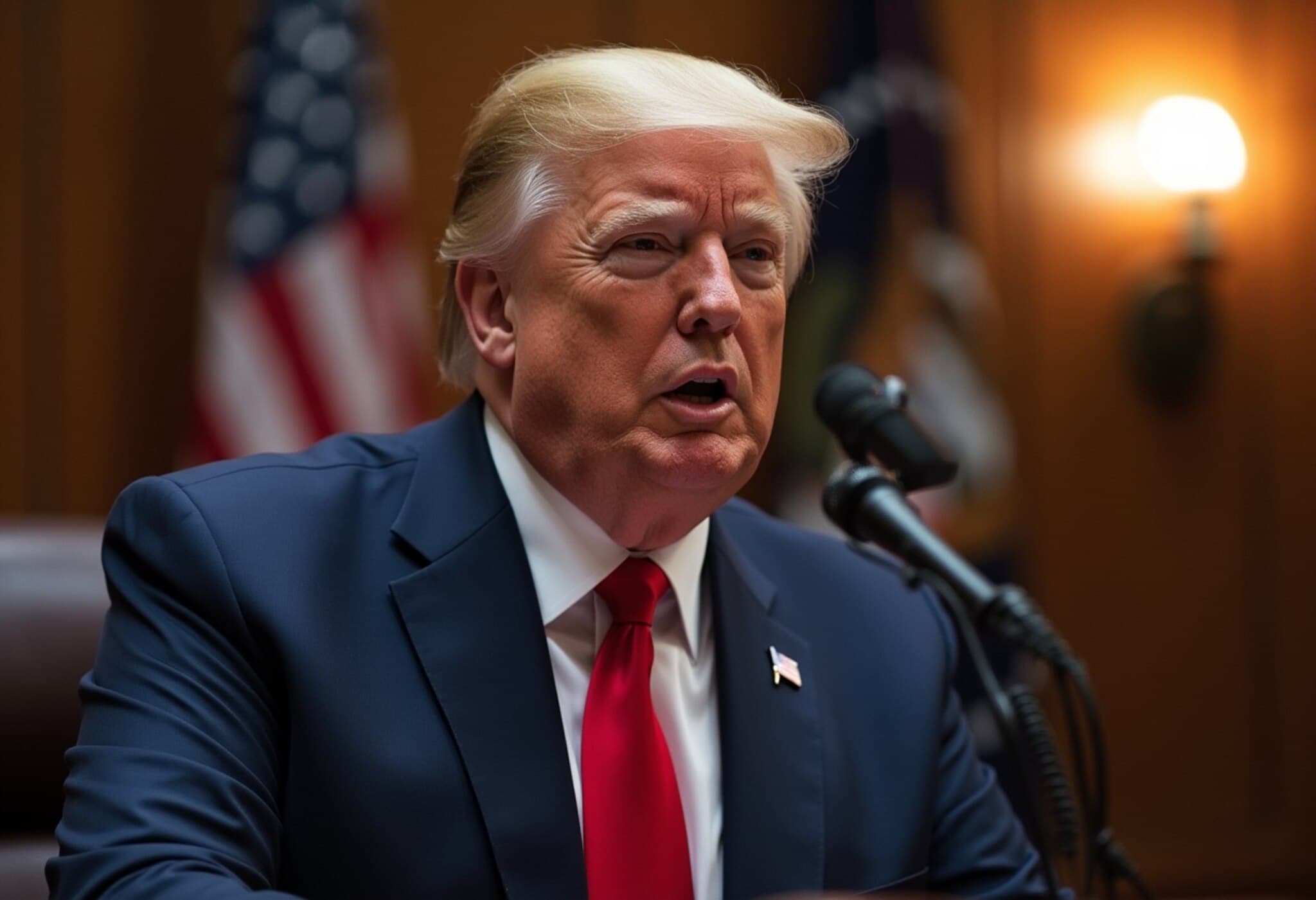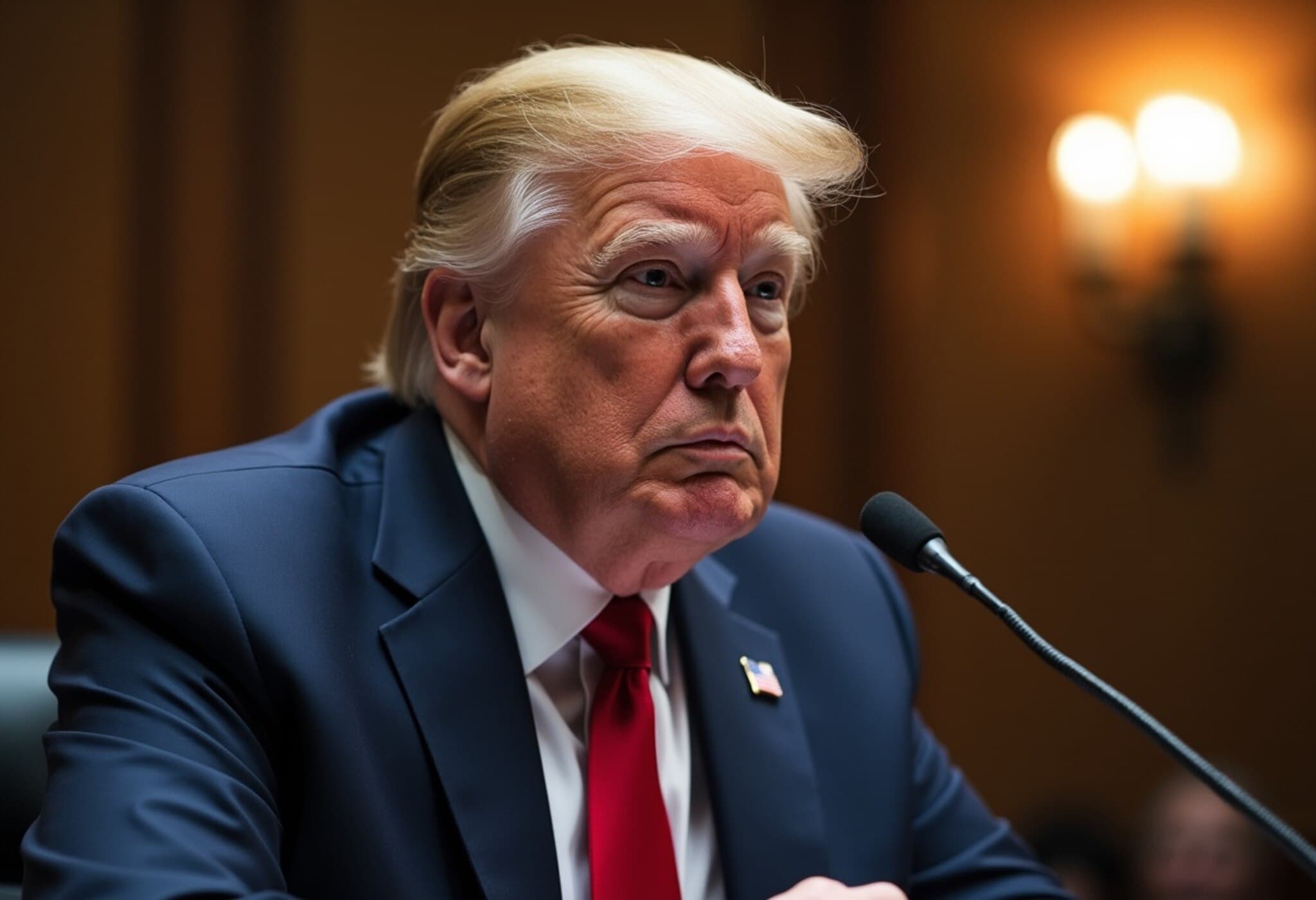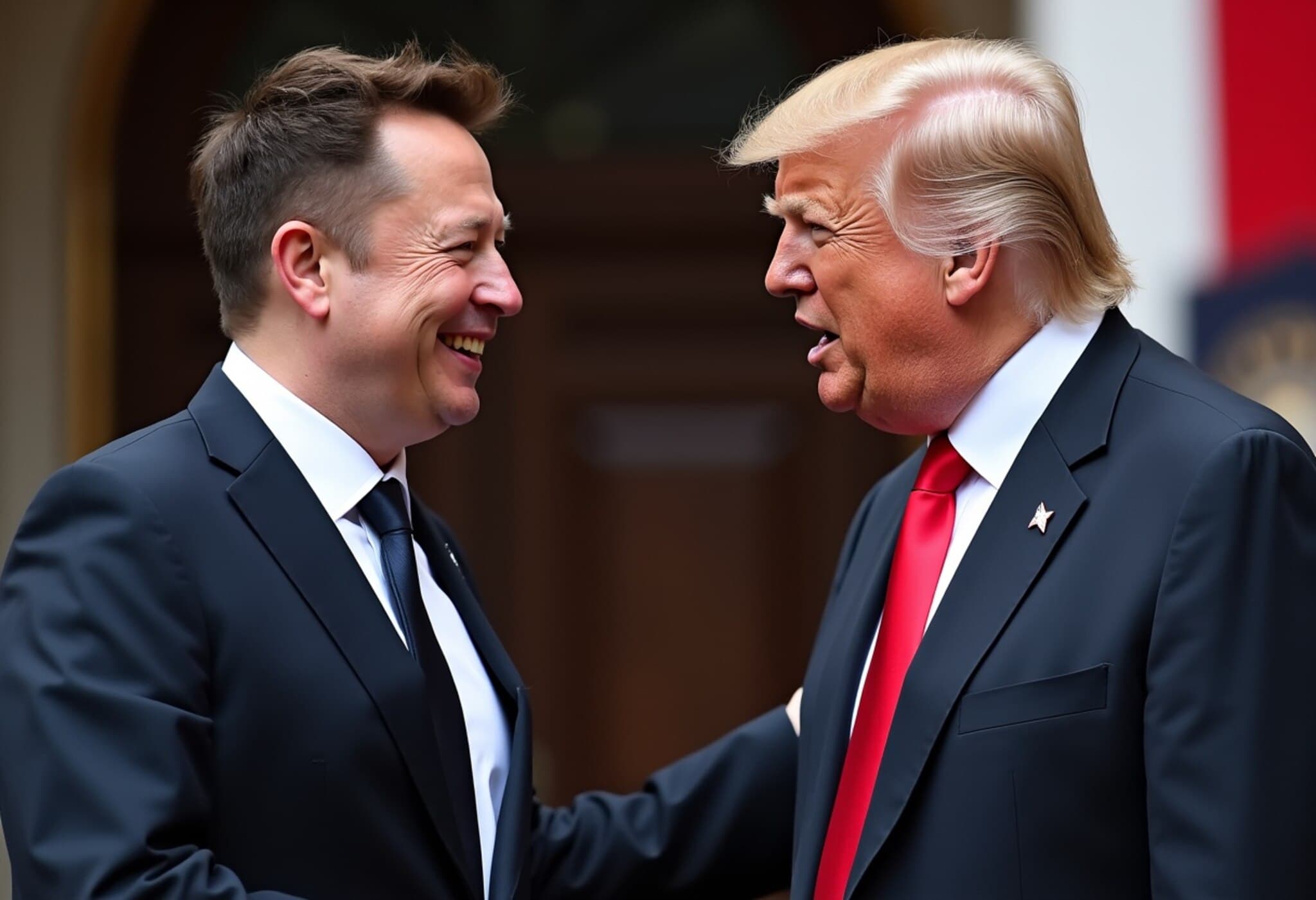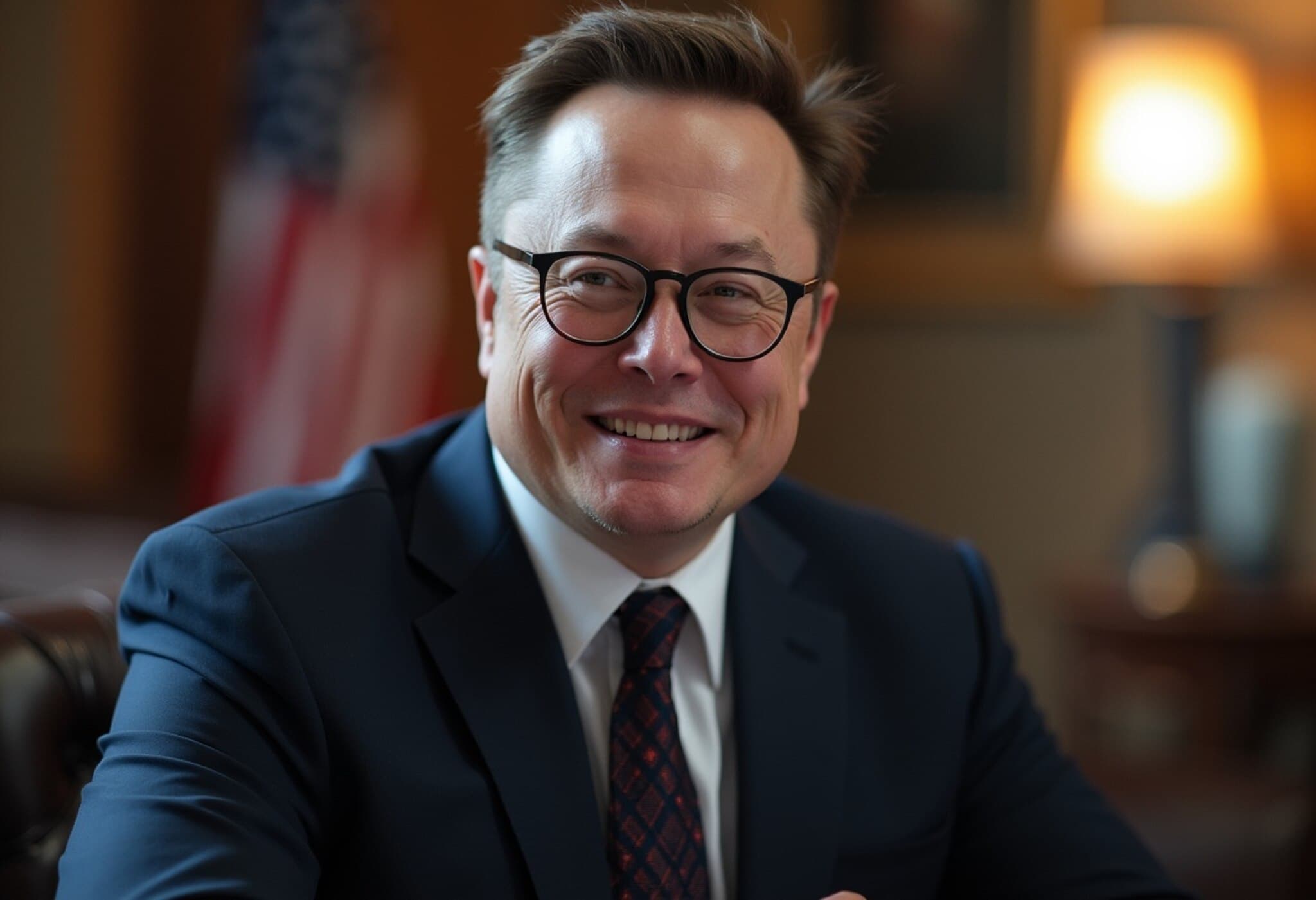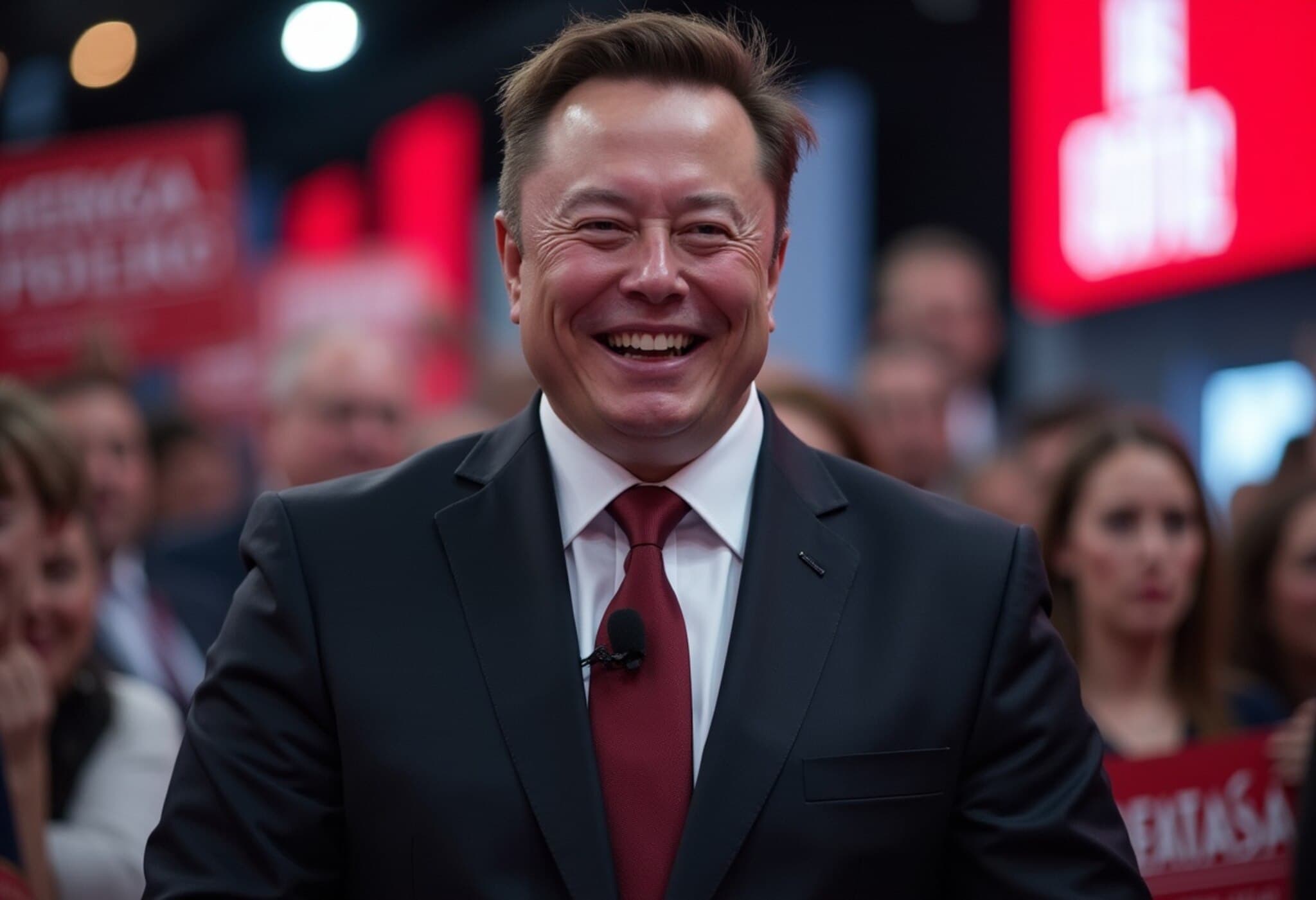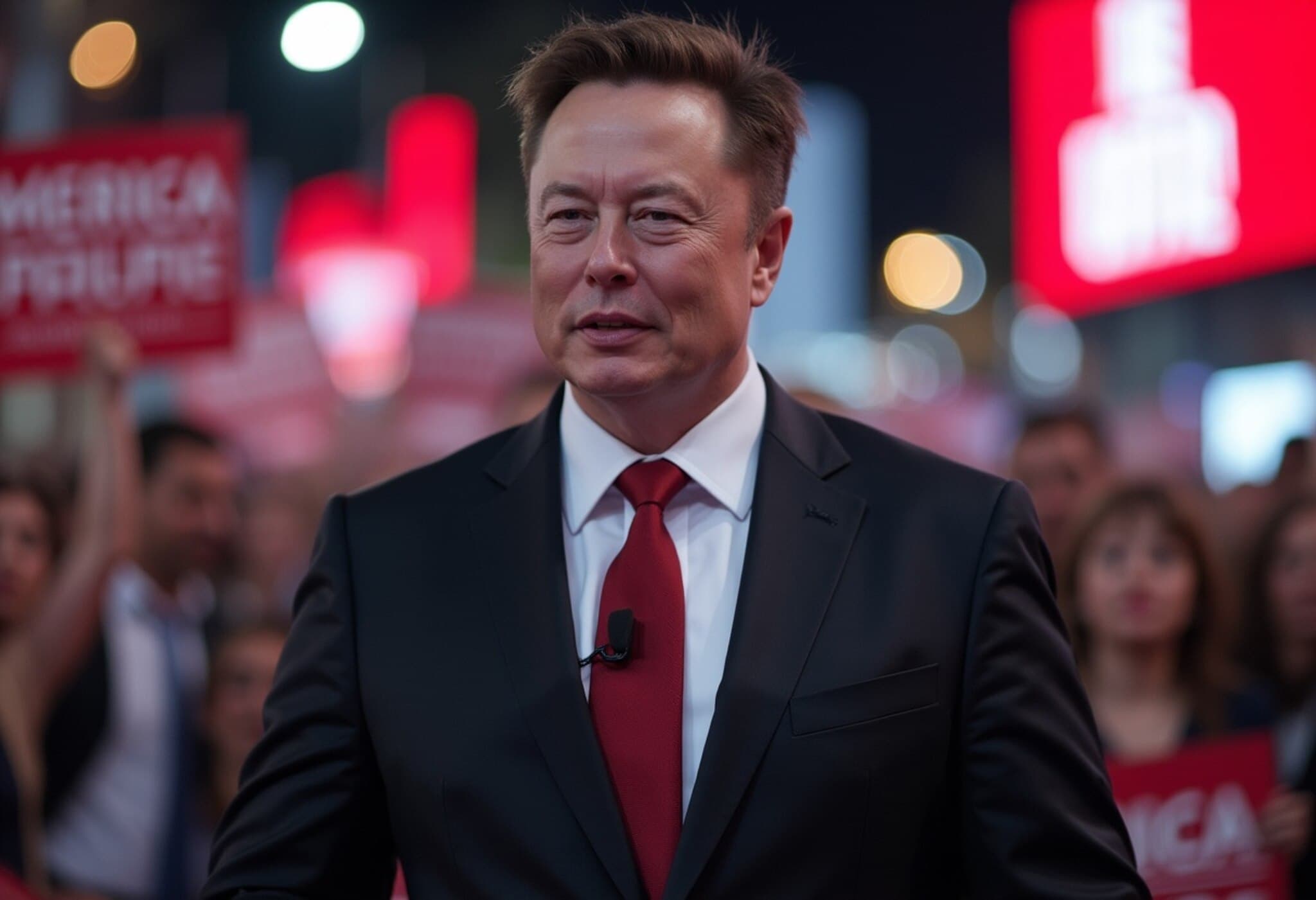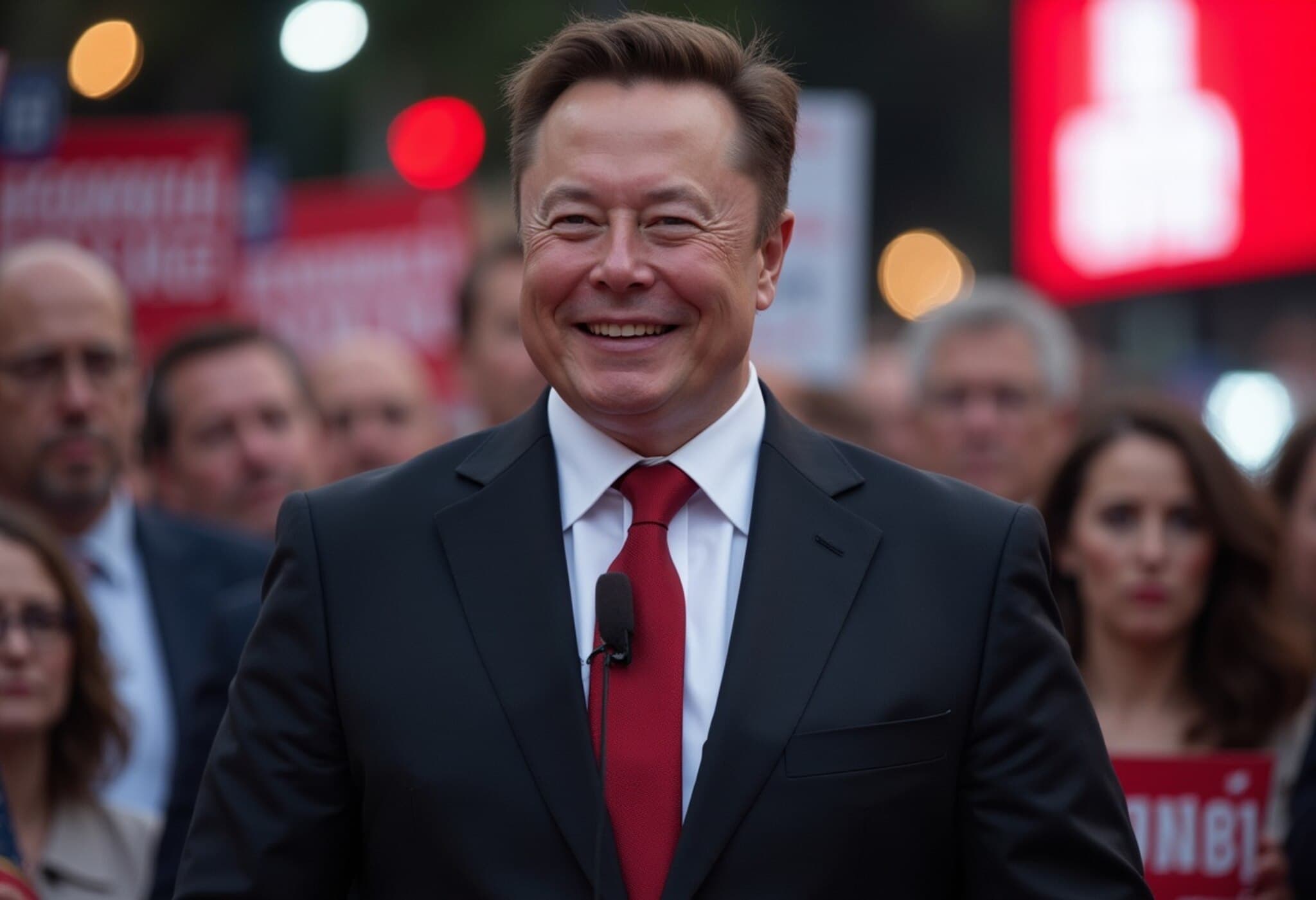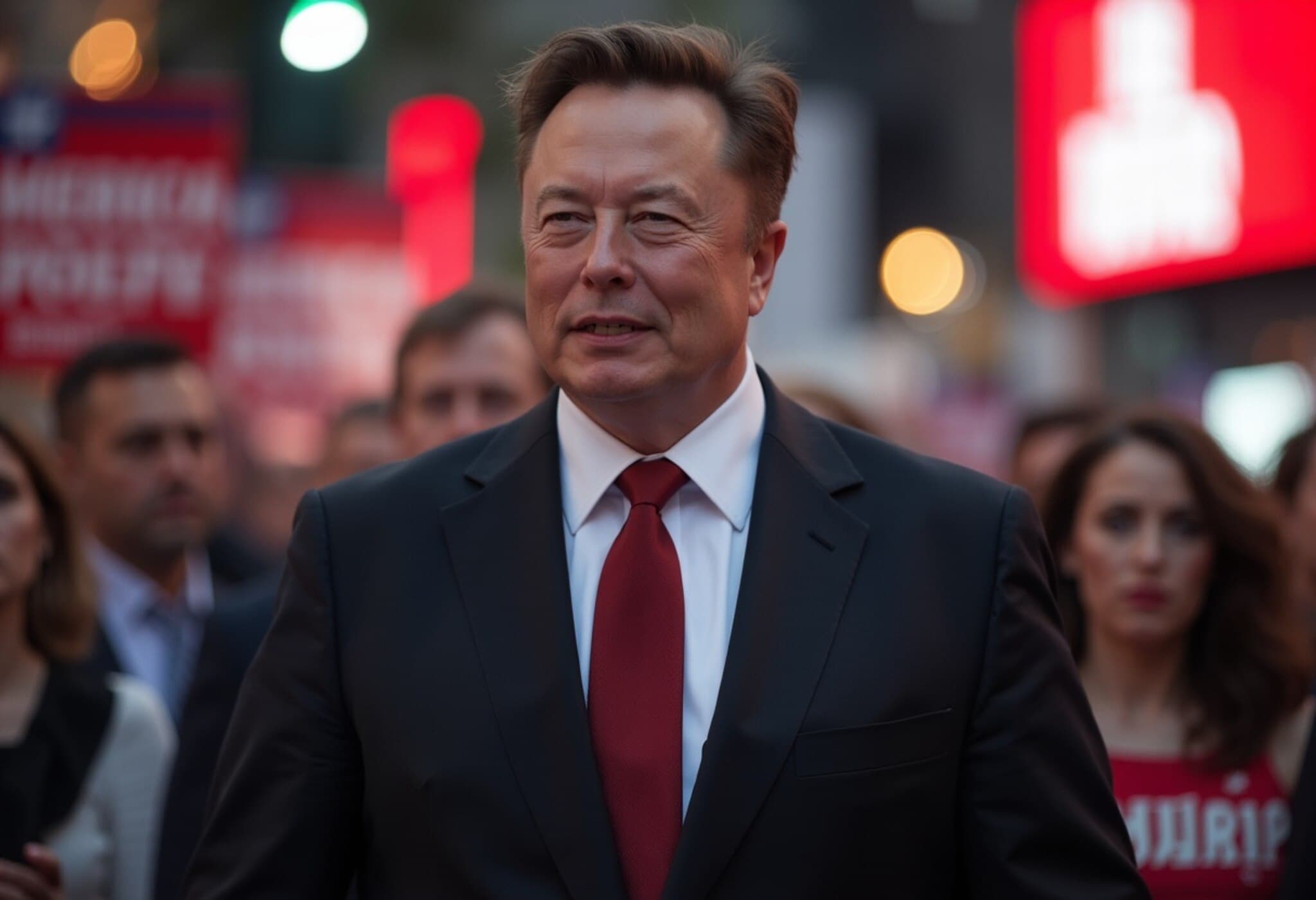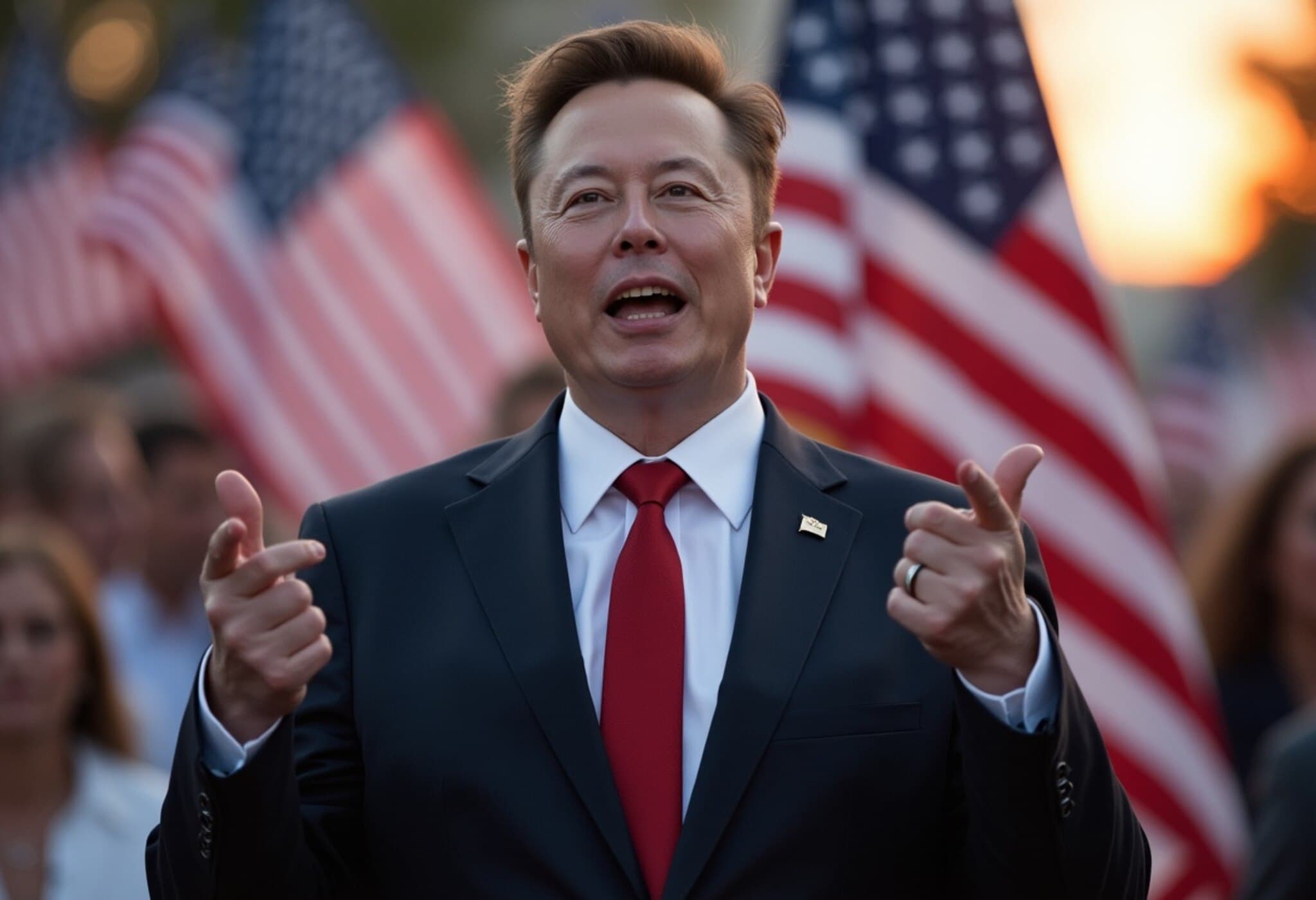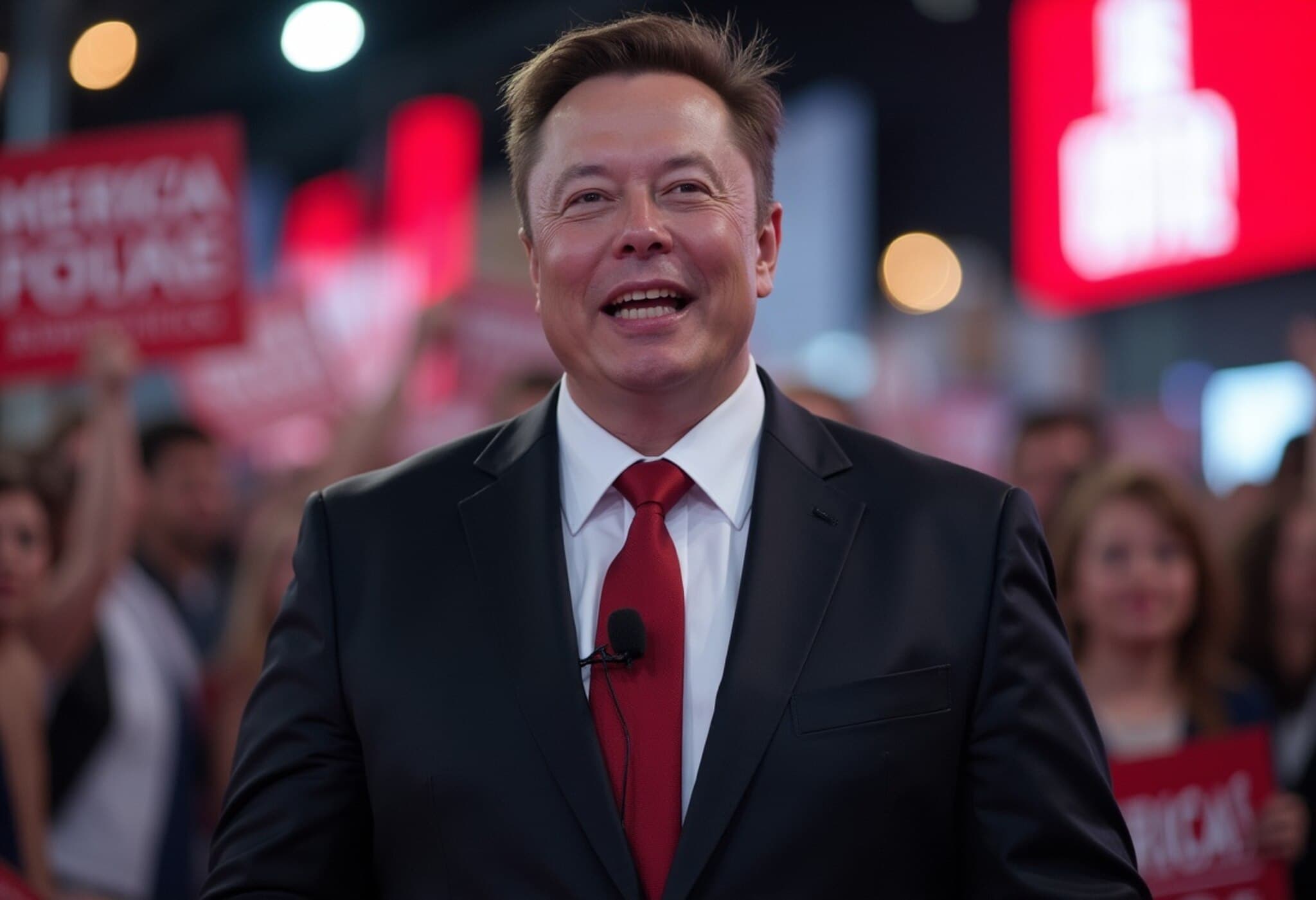Trump Criticizes Elon Musk’s Launch of the America Party
On July 6, 2025, former US President Donald Trump publicly mocked Elon Musk’s announcement to launch a new political entity, the America Party. Speaking to reporters just before boarding Air Force One in Morristown, New Jersey, Trump described Musk’s third-party bid as "ridiculous" and warned it would only deepen political confusion in an already polarized landscape.
Political Context: Third Parties in America’s Two-Party System
Trump’s skepticism is rooted in the historic challenges facing third parties in the American political system. The United States’ deeply entrenched two-party system—dominated by Republicans and Democrats—has consistently marginalized alternative political movements. Third parties often struggle to gain ballot access, media coverage, and meaningful voter support, frequently serving instead as spoilers rather than serious contenders.
Trump’s Remarks and Social Media Critique
Beyond the initial comments, Trump took to his social media platform Truth Social to further critique Musk’s political ambitions. He lamented Musk’s recent trajectory as a "train wreck," emphasizing that third parties only produce "complete and total disruption & chaos," a chaos Trump associates with what he calls the "Radical Left Democrats."
Trump also revived criticisms tied to Musk’s previous political engagements, including the withdrawal of Jared Isaacman’s nomination as NASA administrator—a position Musk had advocated for during his brief tenure as a special government employee under Trump’s 2021 administration.
The Business-Public Sphere Crossroads
Adding layers to this political drama, Trump’s Treasury Secretary Scott Bessent urged Musk to concentrate on his business ventures instead of venturing deeper into politics. Speaking on CNN’s "State of the Union," Bessent highlighted how Musk’s earlier governmental role leading the “Department of Government Efficiency” (nicknamed “Doge”) was unpopular among the public and investors alike.
Bessent referenced the struggling performance of Musk’s companies such as Tesla during Musk’s political involvement, suggesting that corporate boards were pushing him to refocus on business rather than political ambitions.
Elon Musk’s America Party: A Bold New Political Endeavor
Despite the pushback, Musk remains undeterred, formally announcing the America Party through several posts on X, the social media network he owns. Musk framed the party as an alternative to the existing political duopoly and directly accused Trump of "bankrupting" the country through excessive tax-and-spending policies.
This move signals a growing trend of high-profile billionaires entering political arenas, challenging traditional structures and raising poignant questions about the intersection of wealth, influence, and democratic representation.
Expert Analysis: The Viability of the America Party
- Electoral hurdles: Third parties in the US face significant structural obstacles, including restrictive ballot laws and limited media exposure.
- Voter skepticism: Americans often view third parties as spoilers, which can discourage support despite widespread dissatisfaction with major parties.
- Impact on 2026 midterms and 2028 presidential race: Musk’s America Party could disrupt vote shares, particularly if it attracts moderates disillusioned by extremes on both sides.
- Business influence in politics: Musk’s political ambitions raise debates about billionaire influence shaping policy and public discourse.
Conclusion
Elon Musk’s announcement of the America Party has reignited age-old debates about the viability and role of third-party politics in the United States. While Donald Trump dismisses the effort as "ridiculous," the endeavor spotlights underlying frustrations with the traditional political order and the complexities billionaire entrepreneurs face when crossing into governance. The evolving dynamics assure an intriguing political saga ahead as the US heads toward critical election cycles.
Editor’s Note
Trump’s derision of Elon Musk’s America Party underscores the entrenched hurdles facing new political movements in America’s duopolistic system. Yet, it also raises essential questions: Can wealthy disruptors like Musk reshape political landscapes? And what does this mean for democratic inclusivity? As the 2026 midterms approach, voters and analysts alike should watch carefully how these developments influence broader political engagement and governance.

